We cannot guarantee payment or verification eligibility as conveyed by your health insurance provider will be accurate and complete. Payment of benefits are subject to all terms, conditions, limitations, and exclusions of the member’s contract at time of service. If you are using drugs in large amounts, struggle to control your intake, or rely on them for specific addiction vs dependence functions like relaxing or boosting confidence, you’re likely abusing them. Drug dependence occurs when your body or mind adapts to regular substance use.

Begin your journey to recovery today
If you believe you have an addiction, it’s never too late to look for help. Working with a health care professional will allow you to explore the options to treat your addiction. If you develop a tolerance to a substance, it becomes less effective for you. For example, if you take a sedative to sleep, it may work very well at the first dose.

Differences in treatment

With regard to any addiction-related health concerns, you should always seek the guidance of a qualified, registered physician who is licensed to practice medicine in your particular jurisdiction. You should never avoid or delay seeking professional health care advice or services based on information obtained from our website. Detox programs are available at certain clinics and medical facilities, where they supervise a person’s drug withdrawal and provide supportive medications, where necessary. These clinics are usually staffed with a team of doctors and nurses who have experience with addiction and drug withdrawal. The advantage of going to a detox center is that medical assistance is readily available.
Understanding the Terms
Speak with your doctor if you develop a tolerance to your medication or any other substance. If you are taking a prescription medication, your doctor may change the class of medication, which may affect your body in a different way. If it is not a prescription medication, your doctor may be able to help you reduce your use of the substance with the least side effects. While dependence and addiction are often used interchangeably, they are different. Because of this confusion, some organizations prefer substance use disorder (SUD). Distinguishing between these concepts is essential in recommending the right treatments.
- Similarly, a person can have a physical dependence on a drug without feeling compelled to use it.
- They may use the drug longer than prescribed, or may use higher dosages to feel the euphoric effects.
- Because some scientists remain opposed to the use of the word ‘addiction’, we proposed a compromise.

These are questions we often hear from concerned parents, and it all comes down to this. Drug dependency happens when a person’s body is no longer able to function as expected without taking a certain dose of a drug. It typically occurs when someone has been taking the same drug for an extended period of time.
The relationship of addiction, tolerance, and dependence to alcohol and drugs: a neurochemical approach
- Addiction encompasses both a mental and physical reliance on a given substance.
- The key to remember here is what the signs of addiction become more obvious as the condition goes on.
- Today, clinicians stay away from the term “addiction” and use the diagnosis, “substance use disorder.” A substance use disorder means a person is medically and functionally impaired or distressed, due to their drug use.
Not only are millions of Americans struggling with substance use disorder, but in 2014 alone, there were more than 45,000 overdose deaths, over half of which involved prescription opioids and heroin. Alcohol abuse is also a continuing problem in the country, with over 65 million people binge drinking in the past month. Recognizing the difference between an addiction and substance dependence can help to better understand the nature of addiction. Knowing as much as possible about addiction and dependence can also be a valuable tool in achieving recovery. It is also important to realize that while a dependence may be present without addiction, substance dependencies frequently lead to addiction. If you think you have a dependence or addiction, contact a treatment provider today for help.
- They will not be able to control their body’s need (i.e. compulsive cravings) for the drug, and will do what it takes to keep using.
- A diagnosis often brings relief, but it can also come with as many questions as answers.
- To confuse matters further, “substance dependence” was then changed to “substance use disorder” in the new DSM-5.
Residential Treatment
Unlike addiction, dependence is primarily a biological response to the presence of a drug. The main difference between tolerance and dependence is that tolerance refers to the body getting used to taking a substance and requiring higher doses. Dependence, however, refers to the physical or psychological symptoms that occur that make someone feel like they must continue taking a substance. When someone develops a tolerance, they will likely develop a dependence with continued use.
Dependence treatment
However, unlike drug tolerance and dependence, drug addiction is a neurological condition. Short-term inpatient centers typically start with medical detox and are followed by a program of addiction treatment, such as therapy or counseling for 30 to 90 days. These programs range from basic inpatient to luxury options, all varying in terms of their amenities and types of therapy. These facilities usually provide 24-hour medical support and are often led by a team of counselors, clinicians, and doctors. Short-term inpatient rehab is ideal for individuals who need detoxing and therapy, but who don’t require long-term treatment. To confuse matters further, “substance dependence” was then changed to “substance use disorder” in the new DSM-5.


